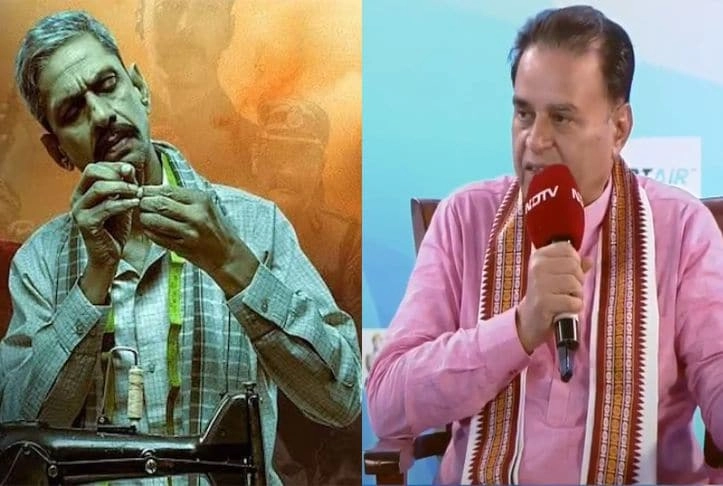Prashant Kishor, a prominent political strategist and former advisor to various political leaders in India, has recently emphasized the importance of not just acquiring knowledge but actively engaging with it. In a statement regarding the ongoing discussions about conducting a caste census in India, Kishor highlighted that merely purchasing books or obtaining information is insufficient. The real challenge lies in the application of that knowledge and understanding its implications. This metaphor serves to illustrate a broader point about the necessity of active participation and critical thinking in political and social matters, particularly when it comes to understanding the complex dynamics of caste in India.
Kishor’s comments come in the wake of a renewed push by several political parties and social groups advocating for a caste census, which aims to gather comprehensive data on the various caste groups in India. He argues that this initiative is crucial for addressing social inequalities and ensuring that the benefits of development reach the marginalized sections of society. However, he warns that without a genuine commitment to understanding the data and its consequences, the exercise may result in mere tokenism, failing to bring about the necessary reforms.
The caste system in India is a deeply entrenched social structure that has historically dictated access to resources, opportunities, and social mobility. A caste census could provide valuable insights into the demographics of marginalized communities, allowing for more informed policymaking and targeted welfare schemes. Yet, Kishor’s assertion emphasizes that the data alone will not suffice; it must be accompanied by a willingness to engage with the realities of caste discrimination and the socio-economic challenges faced by various groups.
In essence, Kishor’s perspective brings to light the critical need for a collective effort to not only gather information but also to foster a deeper understanding of its significance. This calls for active engagement from all stakeholders, including policymakers, civil society, and the general public, to ensure that the outcomes of such initiatives lead to meaningful change. Only through this holistic approach can society hope to dismantle the barriers created by caste and work towards a more equitable future.




